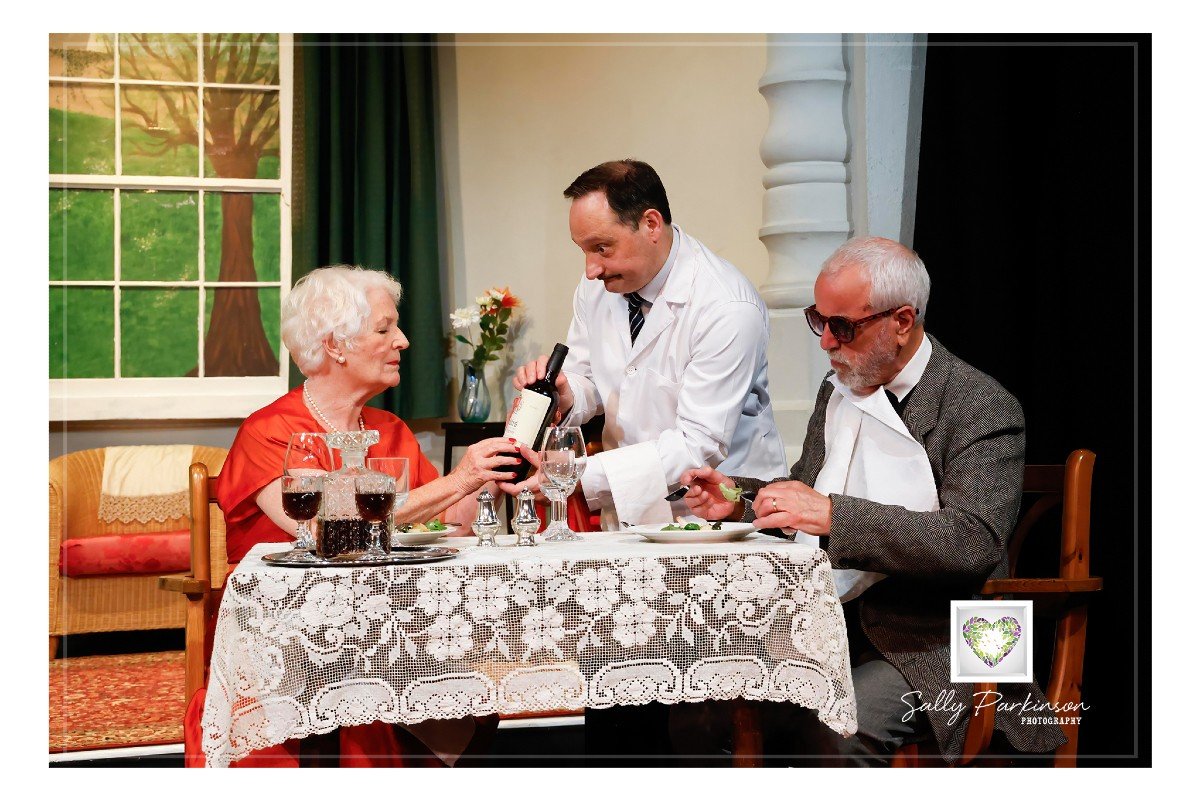Theatrical legend has it that when John Osborne crashed onto the scene with Look Back in Anger in 1956, the Angry Young Men generation killed off plays like this, and playwrights like Enid Bagnold. Well, not quite. There is much to be said for the well-made play, as shown in this fine revival by Headgate Theatre Productions.
Into the world of British dowager Mrs St Maugham comes the mysterious Miss Madrigal, who arrives to be a companion and help raise her granddaughter Laurel, a troubled girl who sets fires and appears to be going off the rails. Like Armistead Maupin’s Anna Madrigal, this Miss Madrigal also has secrets, which gradually emerge as the play unfolds. Why has she built a wall around herself? Why does she hide her emotions? From assertive interviewee, she becomes the boss in Act Two, also taking charge of the garden where nothing grows because the soil is chalk. But she knows how to bring it to life and make it blossom, just as she knows how to handle Laurel.
The arrival of a judge for lunch reveals her past. He is the man who condemned her to death for the murder of her stepsister, a sentence later commuted to prison just hours before her scheduled execution.
The cast give their all to this classic period piece. Jayne Sheeran gives an excellent performance as Miss Madrigal – uptight, beautifully assertive, and ultimately crumbling before regaining her dignity. Maddy Smith matches her as a compelling Laurel. Their scenes fizz with life and unspoken emotion. Sara Green brings joy as Mrs St Maugham, while Les Chisnall is a delight as the manservant Maitland, a former prisoner who now knows his place, in a great comic turn. Donna Potter’s Nurse adds some amusing moments during scene changes, and Malcolm Kimmance brings fine authority to the Judge. Clare Juliette gives a strong performance as Olivia, Laurel’s mother, who has “abandoned” her daughter after remarrying.
Presented during the heatwave, the pace felt a little slow during the performance I attended, but the company’s commitment to the play was never in doubt.
The script suffers from heavy and obvious symbolism. The unseen former butler, Pinkbell, still rules the house and represents the British Empire’s lingering grip before its eventual collapse. The garden, where nothing grows, unsubtly highlights the stagnation of the household. Yet the production is beautifully directed by Eleanor Kent-Johnson, and the staging is both convincing and impressive.



 9.29°C
9.29°C 